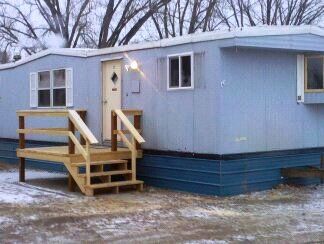
Michael Blend cut a wide swath through the little town of Kalispell, Mont. In a few short years, he’d gone from pickup-truck remodeler to one of the area’s most significant developers, with residential tracts of 217 lots, and industrial and multifamily buildings. He also was a developer who had weathered the 1989 California real-estate depression before moving to Kalispell, and Michael knew that while things always change, they don’t always change for the better. With his ear to the ground long before many of us realized change was happening quickly, Michael did the unexpected He closed down his construction company before the great recession hit us in 2008.
Despite this bold move, he still owned real estate, and as the recession deepened, and former real-estate assets became liabilities, even the most proactive builders and developers faced increasing difficulty managing their finances. Tenants began to struggle and move out, banks stopped revolving lines of credit, and for a while, things were looking grim for Michael. He recalls a colleague’s comment, “The biggest broker in Montana told me that when the economy goes down, it’s like losing your hat in the wind: When you bend down to pick it up, it blows away again, and you have to rush ahead of it downwind.”
He tried to follow this advice, putting everything on the block and selling everything he could find a buyer for. Not much sold, though. “It was hard to stay downwind with prices dropping so quickly and no buyers anyway, at any price,” he said. But then he started working with a real-estate agent specializing in trades and made several exchanges. In one package of property swaps designed to unload some of his least-desirable properties, he assumed ownership of run-down mobile-home park near the Montana border with North Dakota. He was appalled by the destitute appearance of the property and worried he’d made a terrible mistake. “I thought I unloaded my most difficult property for an even more difficult one,” he recalled. Although his spouse felt embarrassed by her husband’s new acquisition, they had a pleasant surprise in store.
Camp-town survival strategy
Being the hands on type, Michael started to fix up the place. “We bought old trailers and fixed them up and sold them under contract. After doing a few units, I started to learn a bit about the mobile-home market and how it works. I found this book, Deals on Wheels, which got me excited about what I was doing, and told everything I needed to know about the mobile-home business. Despite the downturn, mobiles were booming.”
But there was more to it than mobile homes. Michael chanced into proximity with the fastest real-estate market in the U.S., thanks to its black-gold rush. “It so happens our park is 40 minutes from North Dakota, and just a few miles from Sydney, a booming place in Montana, so people that cannot find housing where they work commute to our park,” said Michael.
When he assumed ownership of the park, it had only 12 run-down trailers surrounded by dusty ground. Now the park has 42 rehabilitated mobiles, and 40 RV spaces full. “This place has kept us afloat,” he says. Michael’s good fortune was fueled by the luck of location, but his mobile-home park filled as quickly as it did up because of an ingenious strategy. He advertised his mobile homes and recreational vehicles as extended-stay lodging on Internet hotel sites. In effect, he turned his Riverview and Whispering Trees Suites and RV into an alterntive to a hotel or B&B.
When he realized many of the people calling for more information were construction workers from all over the U.S. who were headed toward the area in hopes of finding work, he began networking with area employers, becoming a referral service linking prospective employees to employers. “People call, and I not only rent them housing, I get them jobs. By getting them jobs, I rent rooms. Since unemployment is low, the local merchants and especially developers are also well served by the exchange.”
And since the oil and pipeline-construction boom appears to be gaining, Michael is considering other opportunities. “I’m contemplating renovating this hotel in Wibaux, Mont., nine miles from North Dakota. It’s a small town in the middle of nowhere, but around here, it’s all small towns in the middle of nowhere-and that’s why there’s a housing boom. Places have grown tenfold or more in three years. Towns of 500 must now accommodate 6000.”
But amidst the opportunity, Michael remains keenly aware of the bust that usually follows. “I keep watching it,” he said, “and thinking about how to prepare for the next change before it happens.”
Fine Homebuilding Recommended Products
Fine Homebuilding receives a commission for items purchased through links on this site, including Amazon Associates and other affiliate advertising programs.

Handy Heat Gun

Reliable Crimp Connectors

Affordable IR Camera
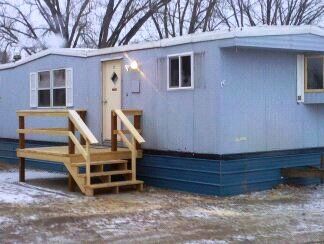
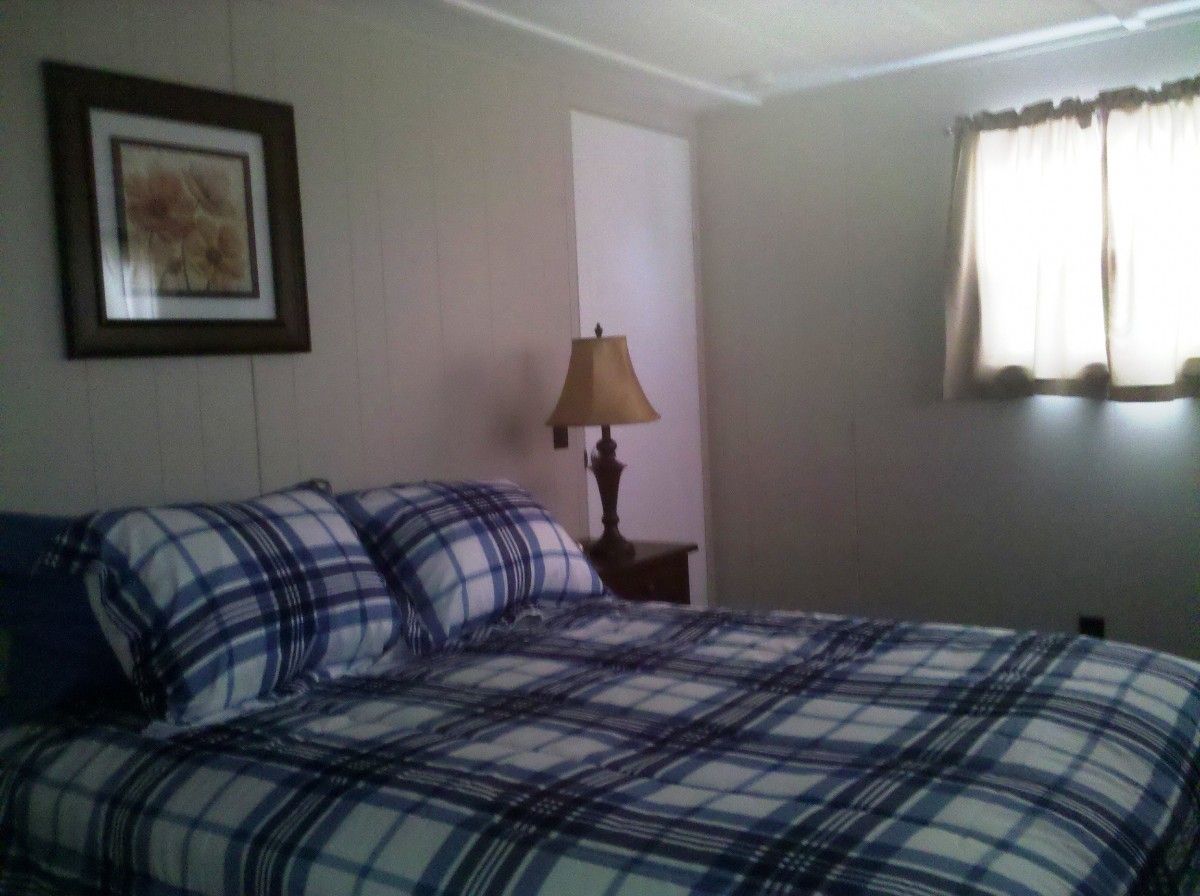
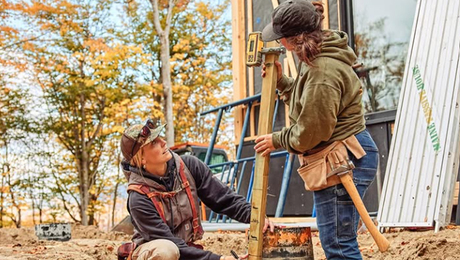


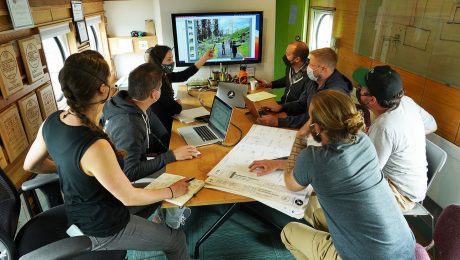
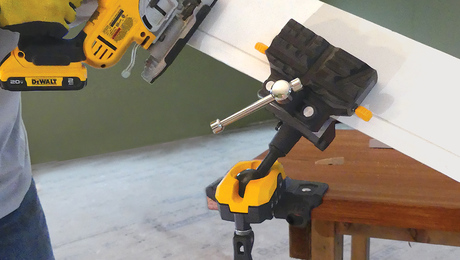






















View Comments
Fernando,
Right before New Years 2013 you asked me to contribute to your blog on builders' New Year's resolutions. I wrote you that I had tried. But I could not come up with a resolution. Resolutions, I told you, seemed to me perilously close to the writing of business plans. And that is a practice which I (along with Warren Buffett, as it happens) don't think is of much real world value . . . And especially not for builders.
Instead of planning we need to be always looking for opportunity, capturing it when it comes, sidestepping disaster, pivoting, turning, wheeling, dealing, going forward, backing off, adjusting, tacking, trimming, then going pedal to the metal. Something like that. Not planning. But instead playing it as it lays.
Well, I have to tell you, reading your great story about Michael Blend playing it as it lays up in Montana, I rest my damn case.